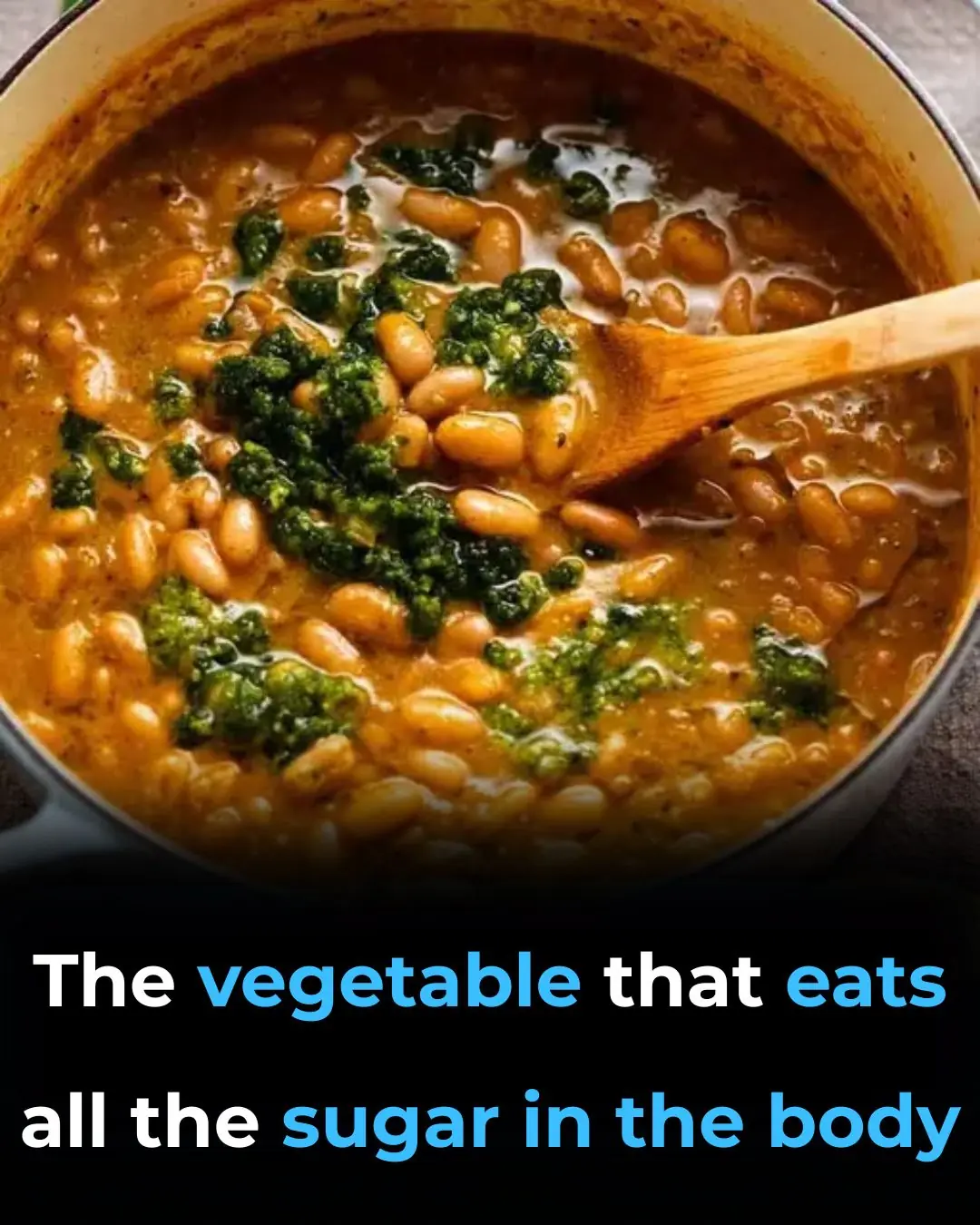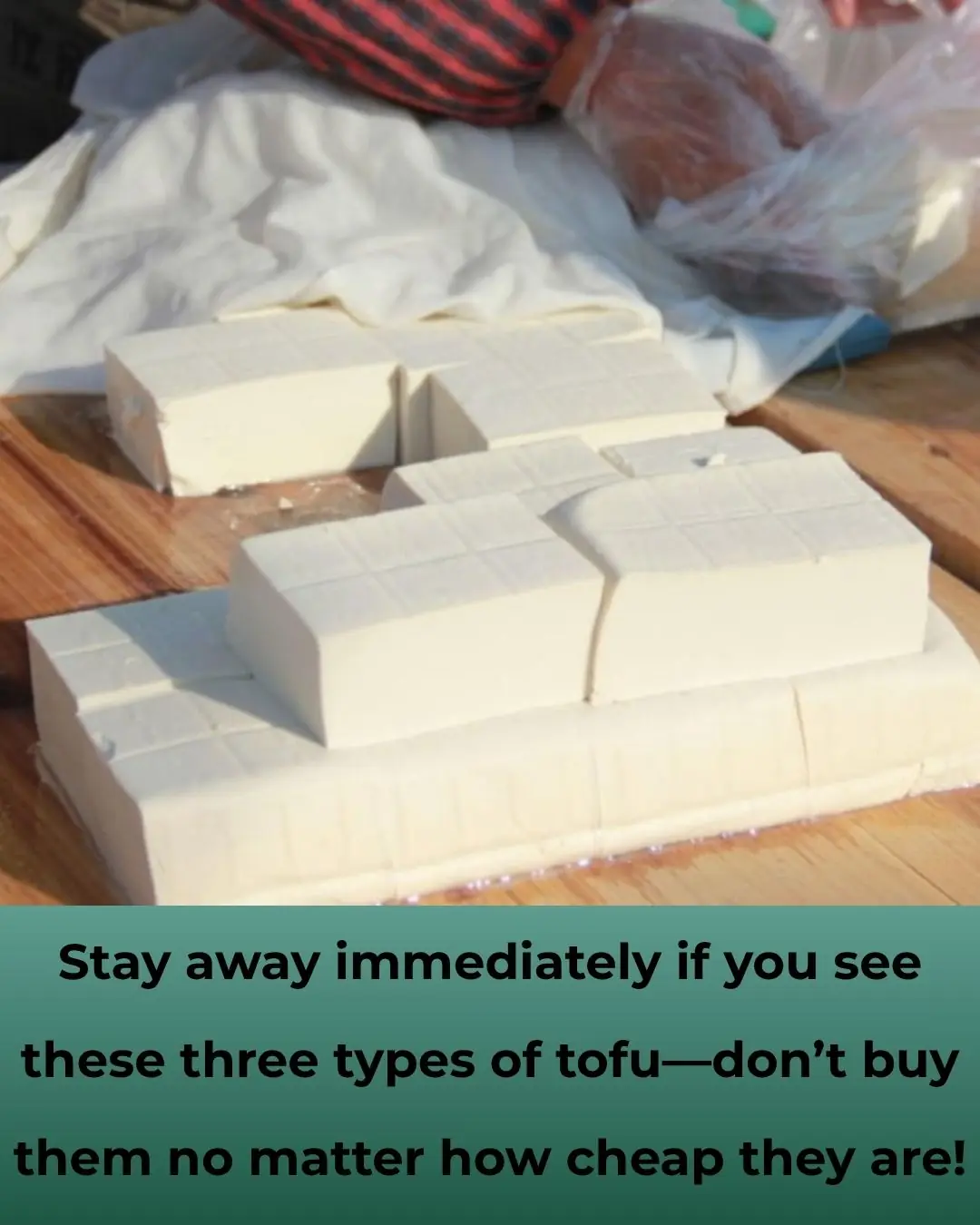
Don’t Toss Out Your Eggshells: 10 Brilliant, Science-Backed Ways to Reuse Them in Your Garden
Eggshells are one of those everyday kitchen leftovers that most people simply toss into the trash. Yet, beneath their fragile surface lies a treasure trove of minerals and natural compounds that can work wonders in your garden. Composed mostly of calcium carbonate—the same material found in limestone—eggshells provide essential nutrients that support healthy plant growth and improve soil quality. According to the Royal Horticultural Society (RHS), calcium is crucial for preventing issues like blossom end rot in tomatoes and ensuring strong cell wall formation in plants (RHS, 2023).
By learning how to reuse eggshells effectively, you can reduce waste, enrich your garden, and practice more sustainable gardening. Below are ten science-backed ways to make the most out of these humble shells.
1. Eggshells as Natural Fertilizer
Crushed eggshells slowly release calcium and trace minerals into the soil, helping maintain balanced pH levels and promoting strong roots. Studies from the University of Florida Extension have shown that calcium deficiencies can lead to poor fruit quality and weak plant structure (UF IFAS, 2022). Simply crush your cleaned, dried shells and sprinkle them around the base of your plants, especially calcium-loving crops like tomatoes, peppers, and eggplants.
2. Pest Control: Keep Slugs and Snails Away
If slugs and snails are devouring your garden, eggshells can help. Their sharp, jagged edges act as a natural barrier that deters soft-bodied pests from crawling over. While not a foolproof solution, gardeners on BBC Gardeners’ World report that using crushed shells can complement other organic pest control methods (BBC, 2023). Scatter shells generously around vulnerable plants for best results.
3. Add Eggshells to Your Compost
Eggshells make excellent compost material. They not only add calcium but also help balance the pH of your compost pile, creating an environment where beneficial microbes thrive. To speed up decomposition, crush the shells before adding them. Over time, they enrich your compost and indirectly boost your soil’s fertility once applied to garden beds.
4. Eggshell Seed Starters
Instead of plastic trays, use eggshell halves as biodegradable seed starters. Fill them with soil, plant a seed, and place them in a sunny spot. As the seedlings grow, the shells provide a steady calcium source. When it’s time to transplant, place the entire shell into the soil—nature will do the rest. This sustainable trick is increasingly popular among zero-waste gardeners featured in The Guardian’s Green Living section (The Guardian, 2024).
5. Eggshell Mulch
Crushed eggshells make a unique, reflective mulch that helps retain soil moisture, suppress weeds, and gradually enrich the soil. Their light color also repels some pests and helps keep soil temperature stable. Mix them with other organic mulches like bark or straw for a nutrient-rich, visually appealing layer.
6. Eggshell Tea: A Natural Liquid Fertilizer
Create “eggshell tea” by soaking crushed shells in boiling water for 24 hours. The resulting liquid is packed with calcium and trace minerals. Use it to water plants weekly for stronger stems and healthier foliage. Healthline notes that the calcium in eggshells is highly bioavailable when dissolved in hot water, making it an efficient plant supplement (Healthline, 2023).
7. Prevent Blossom End Rot in Tomatoes
Tomatoes are notoriously prone to blossom end rot, a disorder caused by calcium deficiency. Adding crushed eggshells to the soil around tomato plants ensures a slow, steady calcium release. This helps the fruit form properly and reduces the risk of dark, sunken spots at the blossom end. Gardeners from the University of California Agriculture and Natural Resources recommend integrating crushed shells early in the planting stage for best results (UC ANR, 2023).
8. Feed Backyard Birds with Eggshells
Birds, especially females during nesting season, need calcium to form strong eggshells. Bake used eggshells at a low temperature to sterilize them, crush them, and mix them into birdseed. This eco-friendly practice not only nourishes local bird populations but also promotes biodiversity by attracting insect-eating species to your garden.
9. Balance Soil Acidity
If your soil is too acidic, eggshells can help raise its pH naturally. Over time, their calcium carbonate content neutralizes acidity, improving conditions for plants that prefer slightly alkaline soil. A study from the Journal of Environmental Quality found that calcium-based soil amendments like eggshells improve microbial activity and nutrient uptake in acidic soils (JEQ, 2021).
10. Decorative and Functional Garden Paths
For a sustainable aesthetic touch, use crushed eggshells to create decorative garden paths. Their pale color adds contrast to greenery, and as they gradually break down, they enrich the soil underneath. Mix them with gravel or sand for better compaction and durability—an approach both practical and visually appealing.
Final Thoughts: Turning Kitchen Waste into Garden Gold
Reusing eggshells isn’t just a thrifty hack—it’s a small but meaningful step toward sustainable living. From boosting soil health to supporting wildlife, these simple shells offer countless benefits. As Good Housekeeping puts it, “Waste isn’t waste until we waste it” (Good Housekeeping, 2024). So the next time you crack an egg, think twice before tossing the shell—your garden will thank you.
News in the same category


4 Things You Should Never Keep in the Freezer — They Could Be Dangerously Hazardous
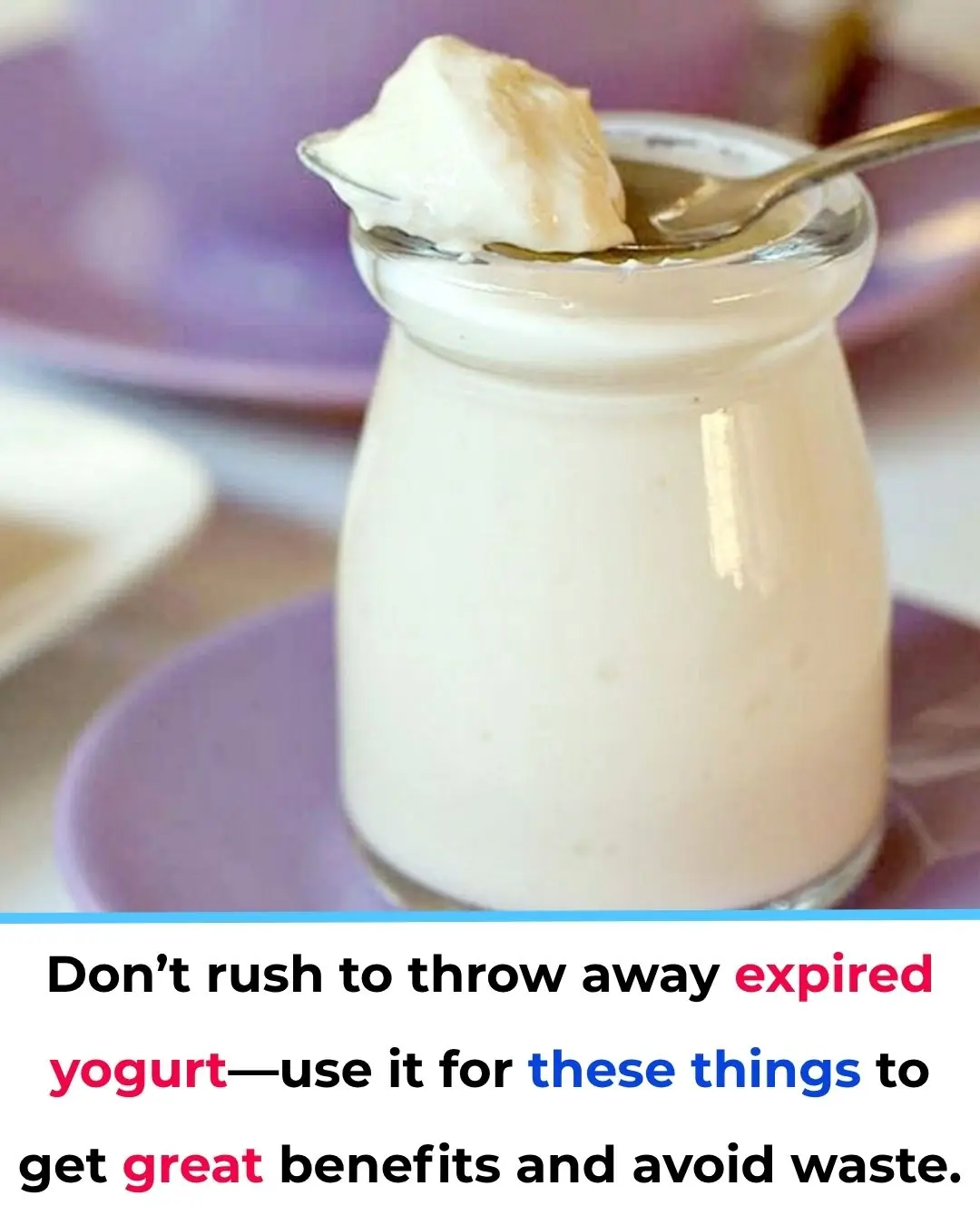
What Can You Do with Expired Yogurt?

Should You Choose Pork with a Dark or Light Color for the Freshest Quality?

‘Why He Grabbing His Arm Like That?’: Denzel Washington Unleashes on Handsy Photographer During Intense On-Camera Confrontation
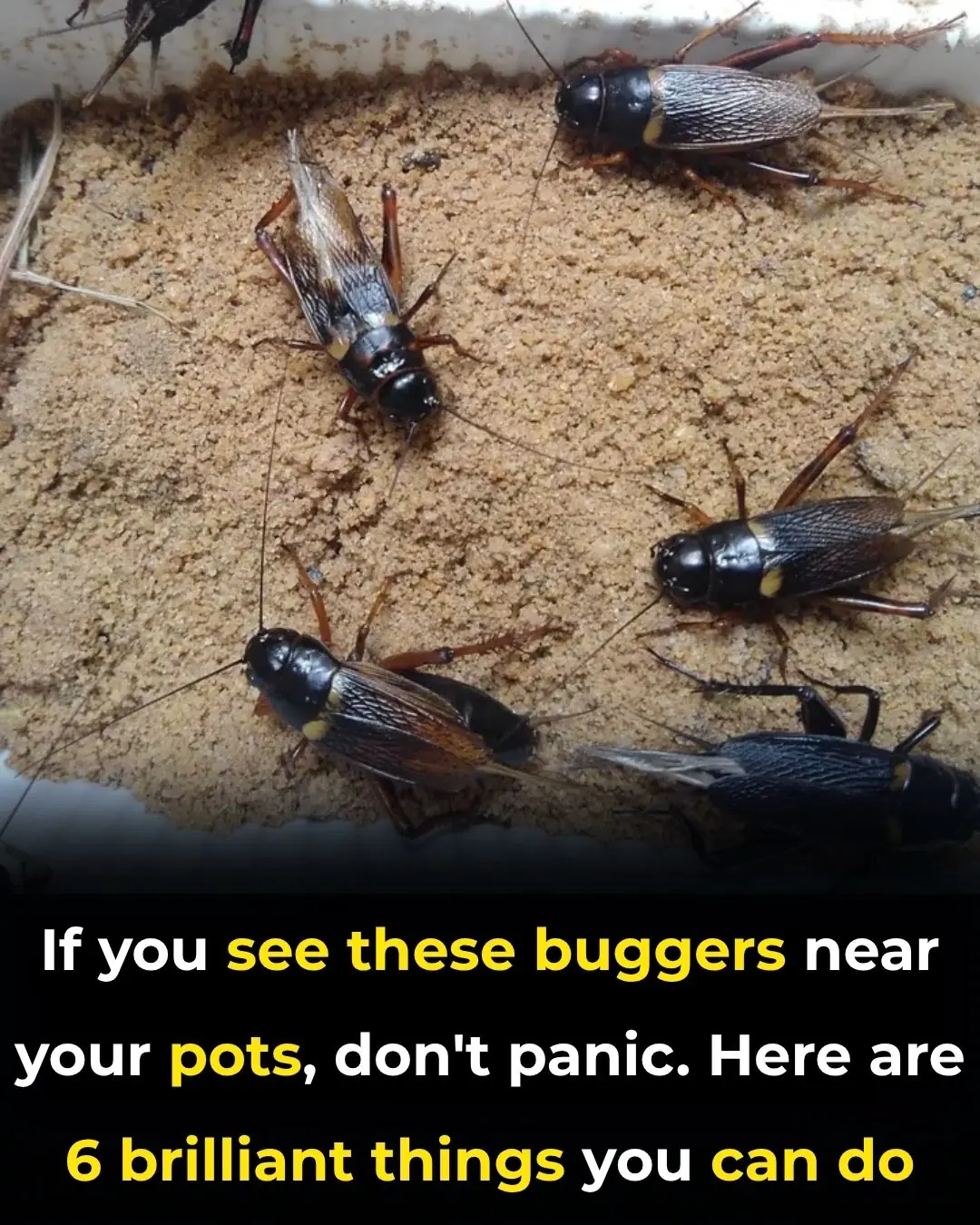
If You See These Buggers Near Your Pots, Don’t Panic — Here Are 6 Brilliant Things You Can Do

Meet 102-Year-Old Eloise Brown, the Philadelphia Eagles Biggest and Longtime Fan

17 Important Quotes About Love From Historical Black Figures

5 Things You Never Knew About The First Black Film Star Nominated For Academy Award For Best Actress
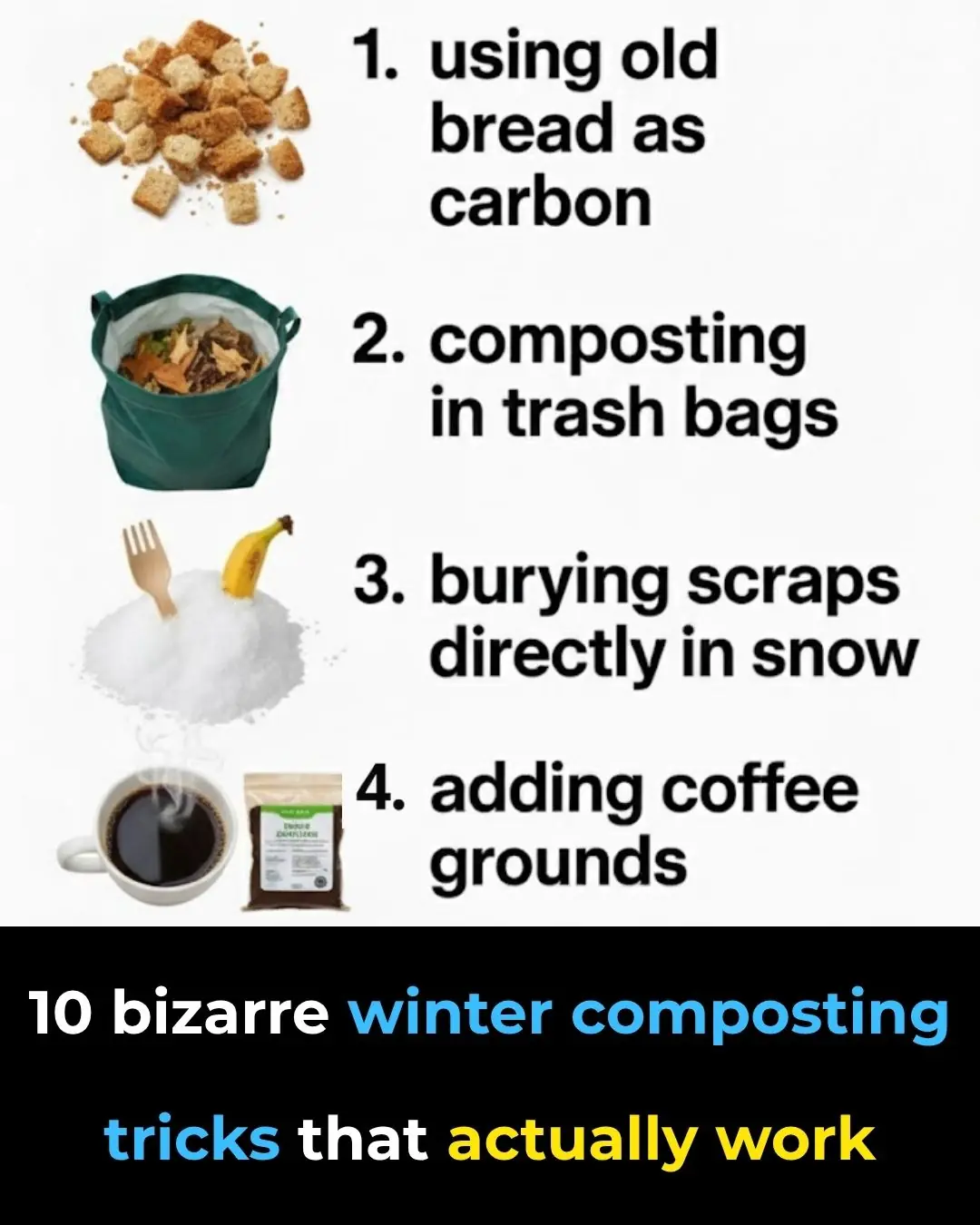
10 (Plus One) Unusual Winter Composting Hacks That Really Work

Jackson 5 Child Actor, Floyd Roger Myers Jr, has joined the ancestors

Fisk Gymnast Morgan Price Earns Highest-Ever Score for an HBCU Gymnast

Most Folks Don’t Realize They’re Doing This: 10 Critical Mistakes That Stop Tomatoes from Ripening

8-Year-Old Hosts Food Drive To Feed 150 Families on His Birthday

Elon Musk enables groundbreaking feature to UK phones that will connect millions

NASA issues official statement to Kim Kardashian after reality star made shocking claim about space agency

People call on government to intervene after Elon Musk posts worrying tweet

Nvidia signs $500,000,000,000 deal that could transform the US energy sector

47-Year-Old Man Dies from Liver Failure: “Two Types of Pain, Two Types of Itching” Warn of Serious Liver Disease
News Post
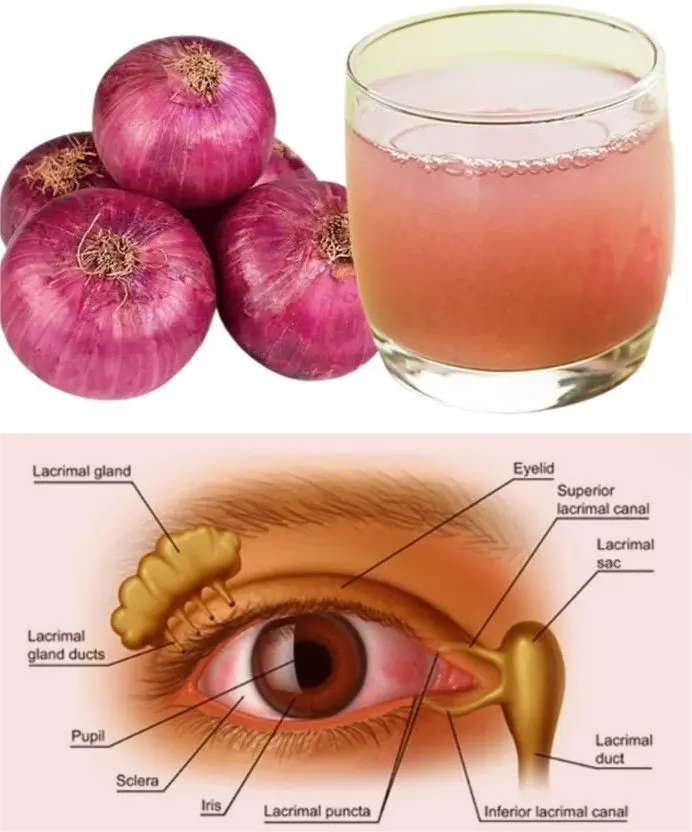
Can Onion Juice Gently Support Eye Health? A Natural Tip to Try
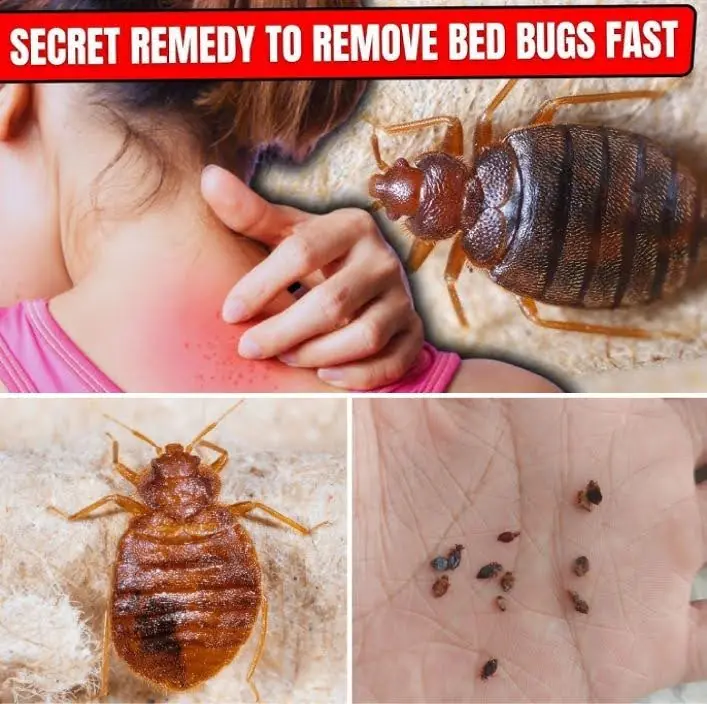
Bed Bugs Hate This! How Diatomaceous Earth and Cloves Can Wipe Them Out

These are the consequences of sleeping with the…
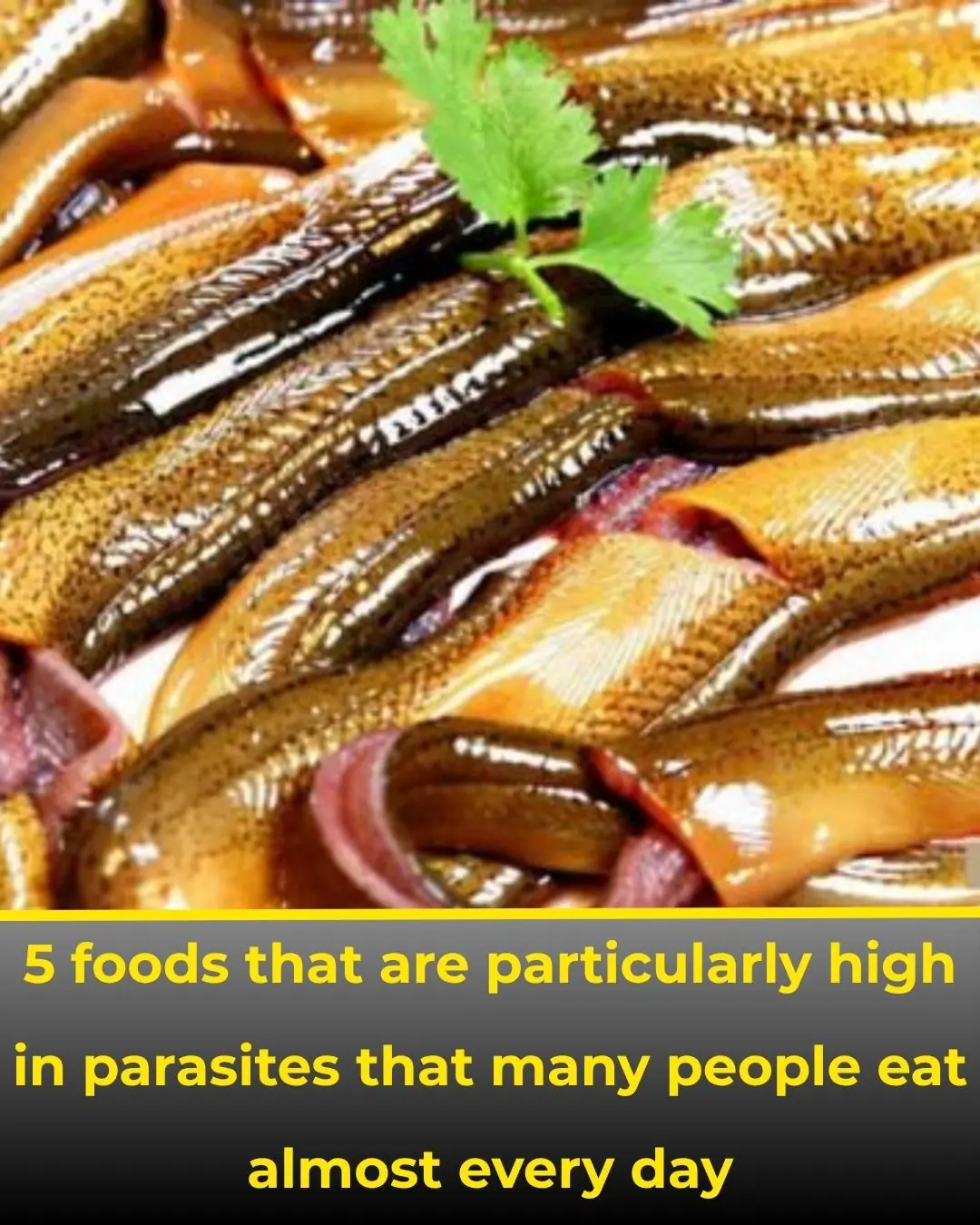
5 Common Foods That Often Contain Parasites — Many People Eat Them Daily
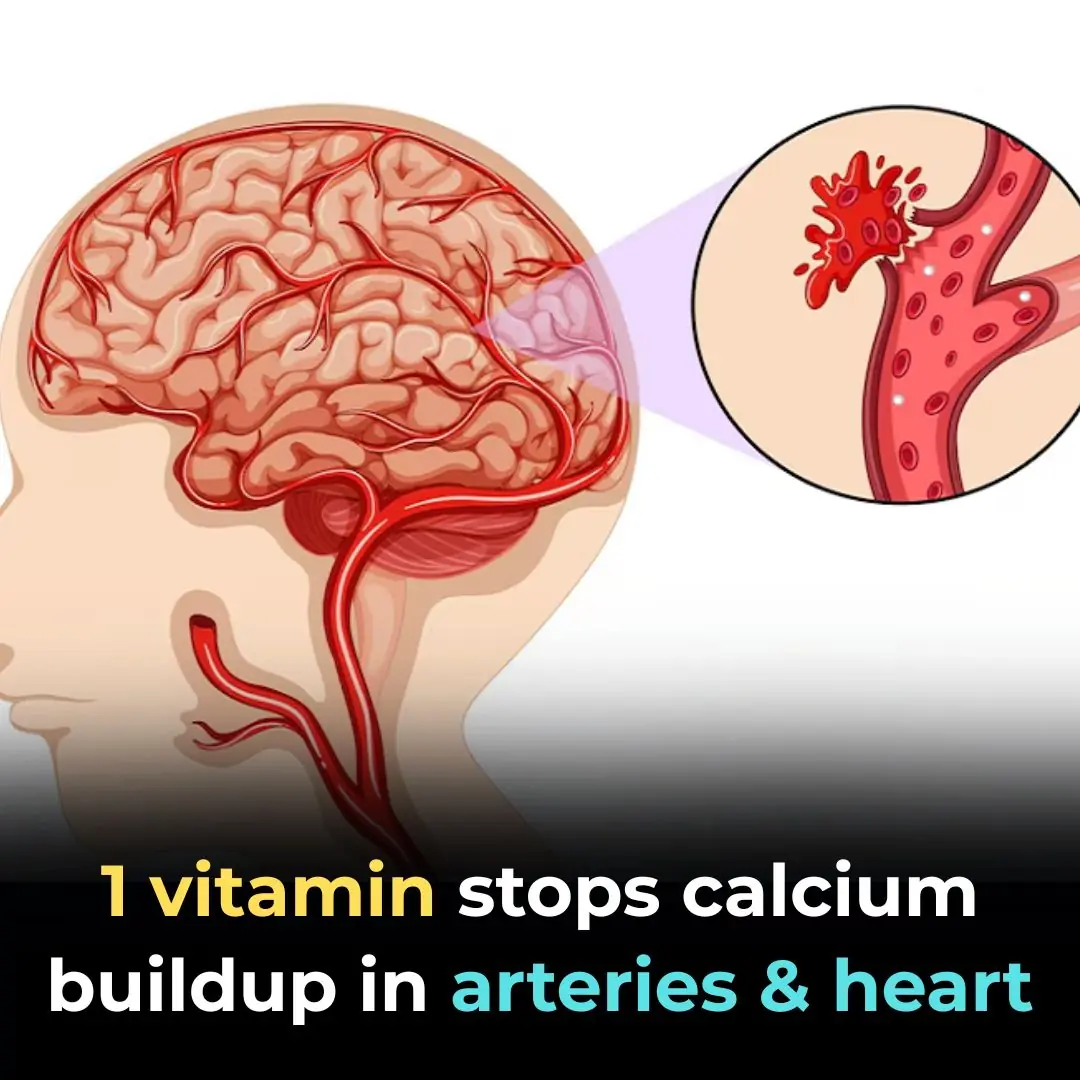
1 Vitamin Stops Calcium Buildup in Arteries and Heart
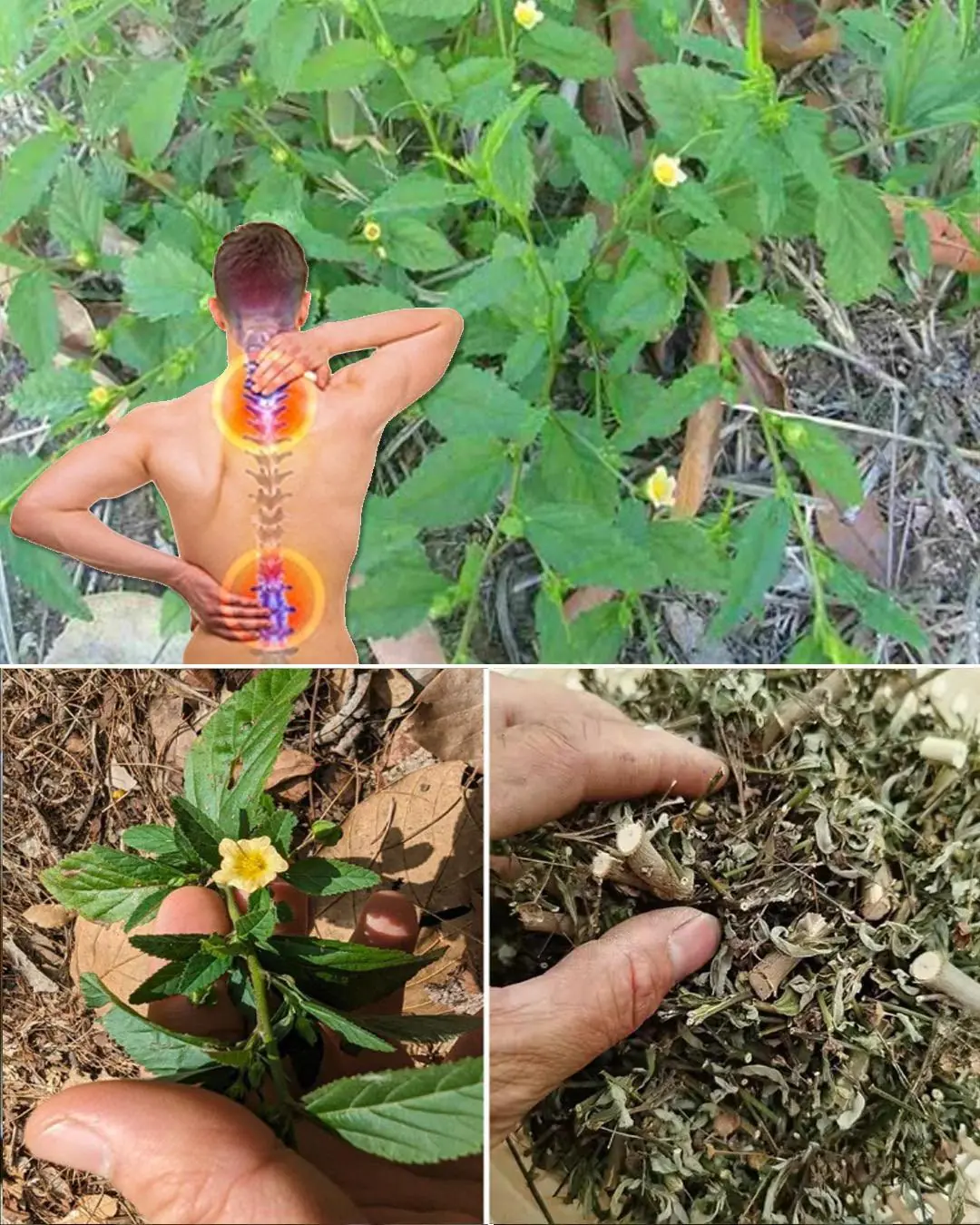
S:ida Acuta: Exploring the Healing Properties of this Herbal Remedy
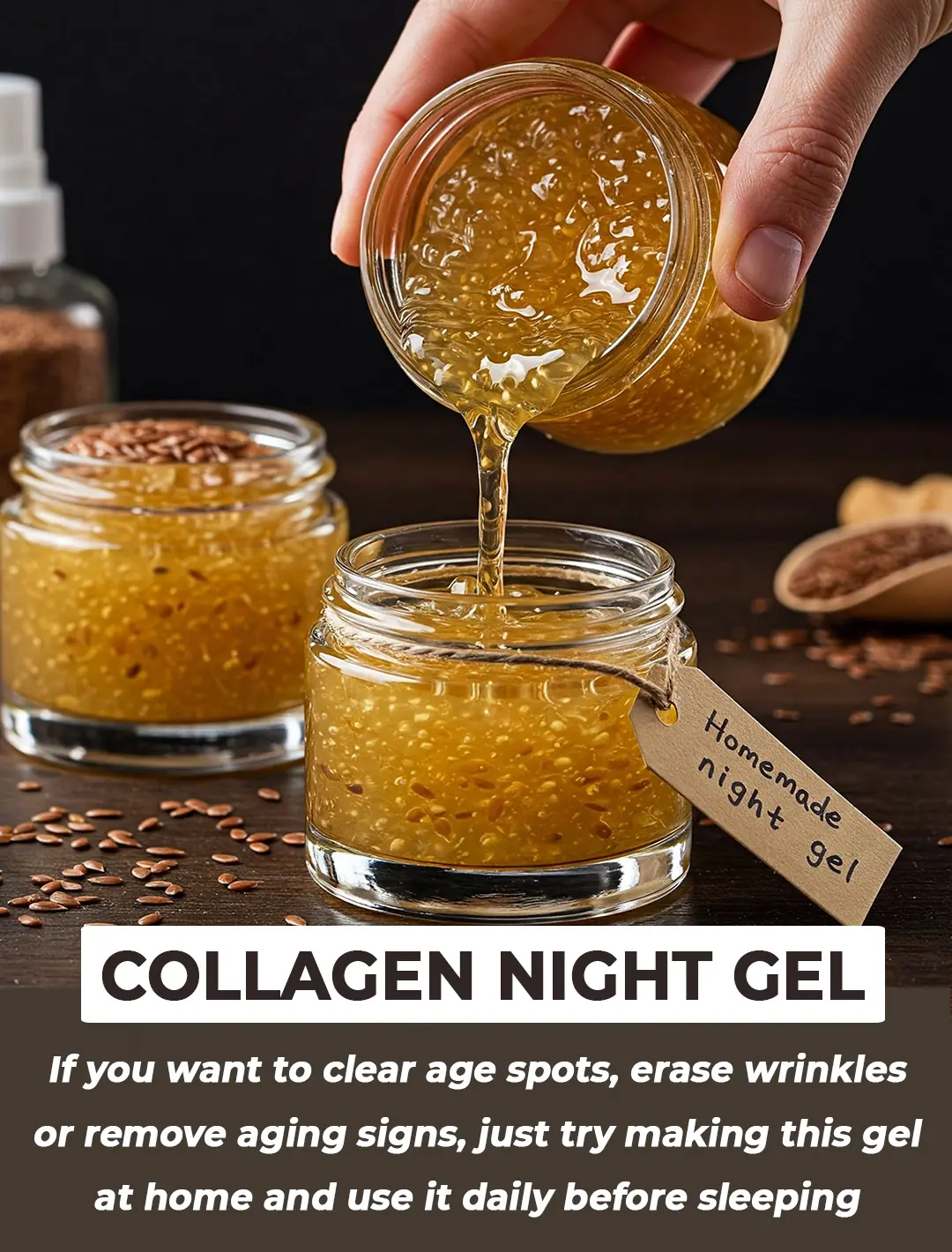
DIY Flaxseed Collagen Night Gel for Hydration and Rejuvenation
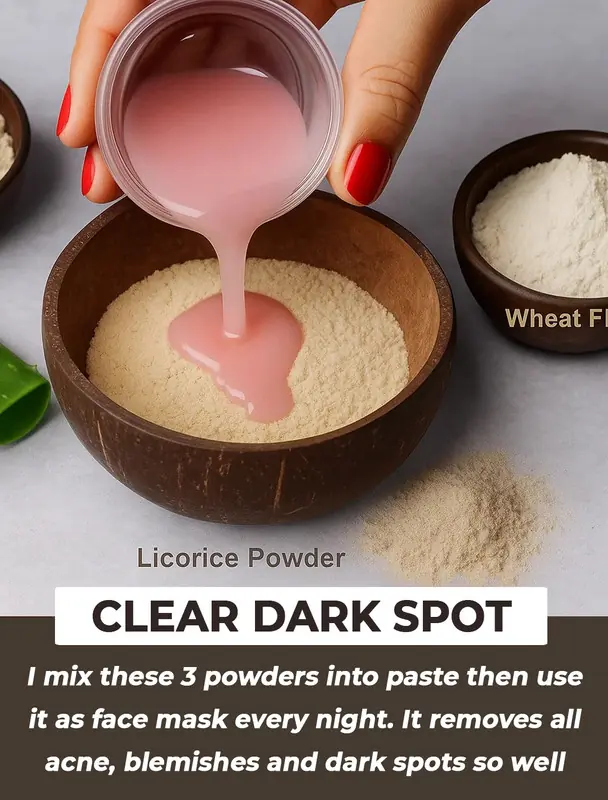
10-Day Licorice Treatment for Dark Spots: Fade Pigmentation and Achieve Glowing Skin Naturally
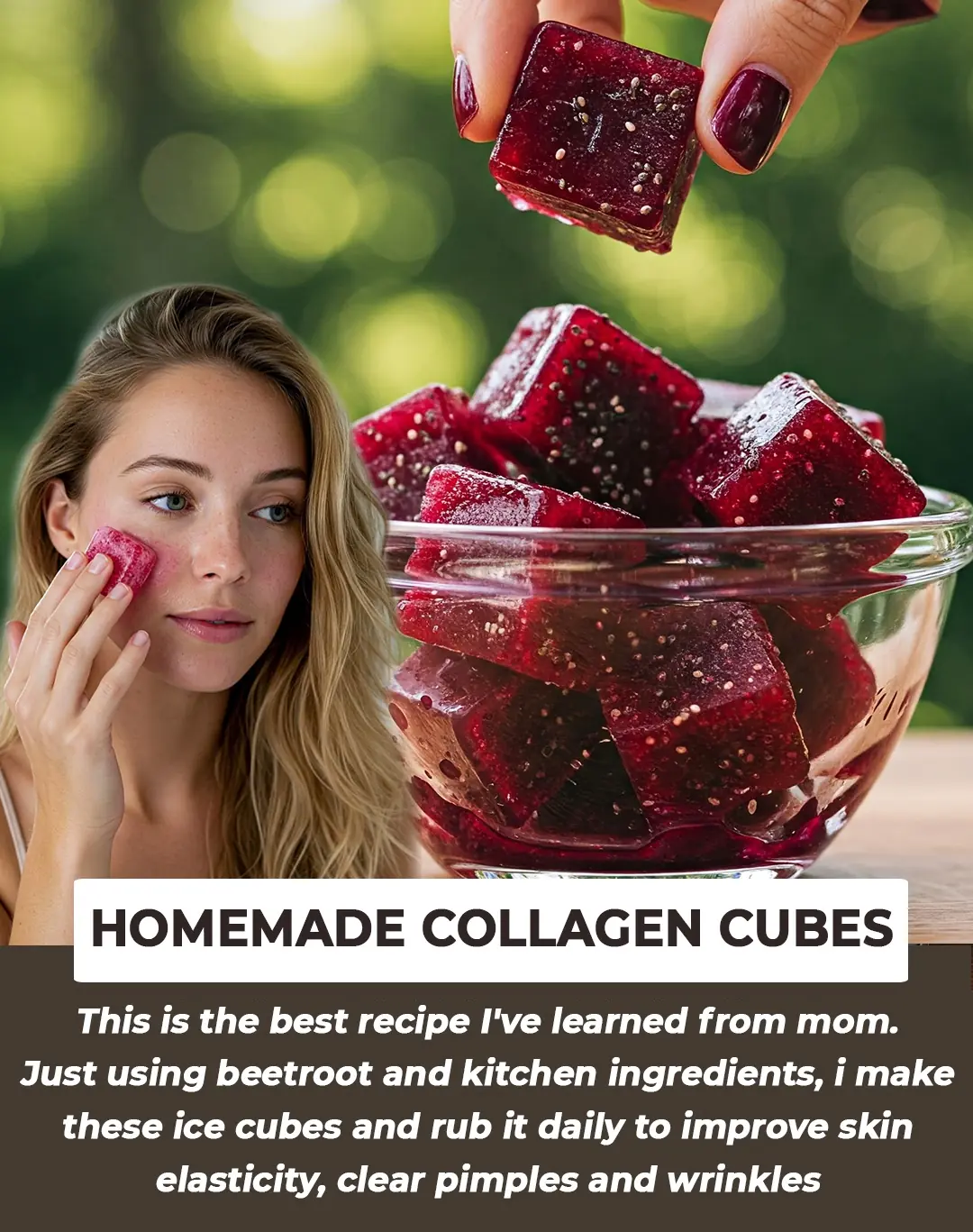
Easy Recipe to Make ABC Collagen Ice Cubes at Home: The Secret to Glowing, Firm Skin
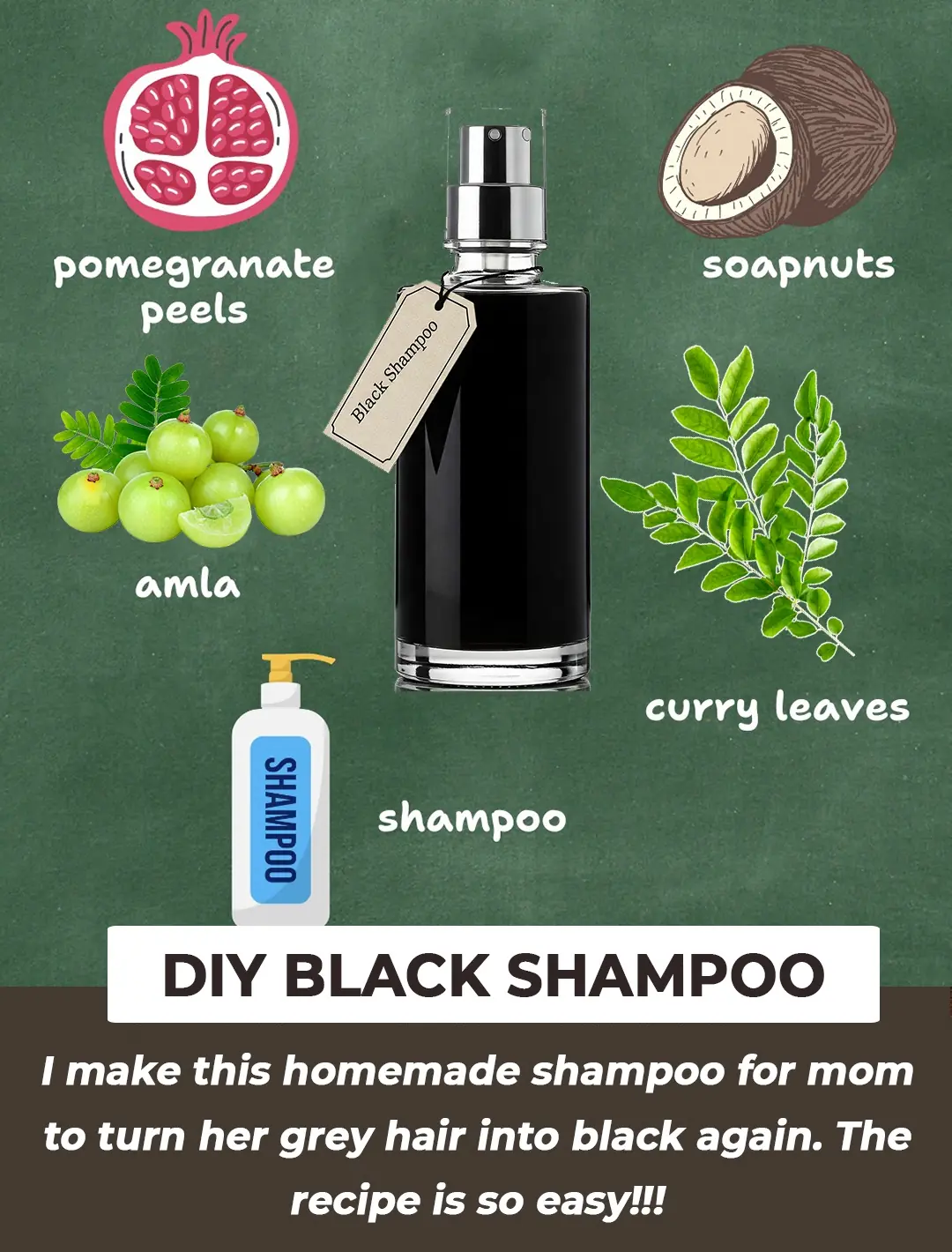
2 Mins Black Shampoo For Grey Hair

Why this doctor refuses to prescribe statins for high cholesterol
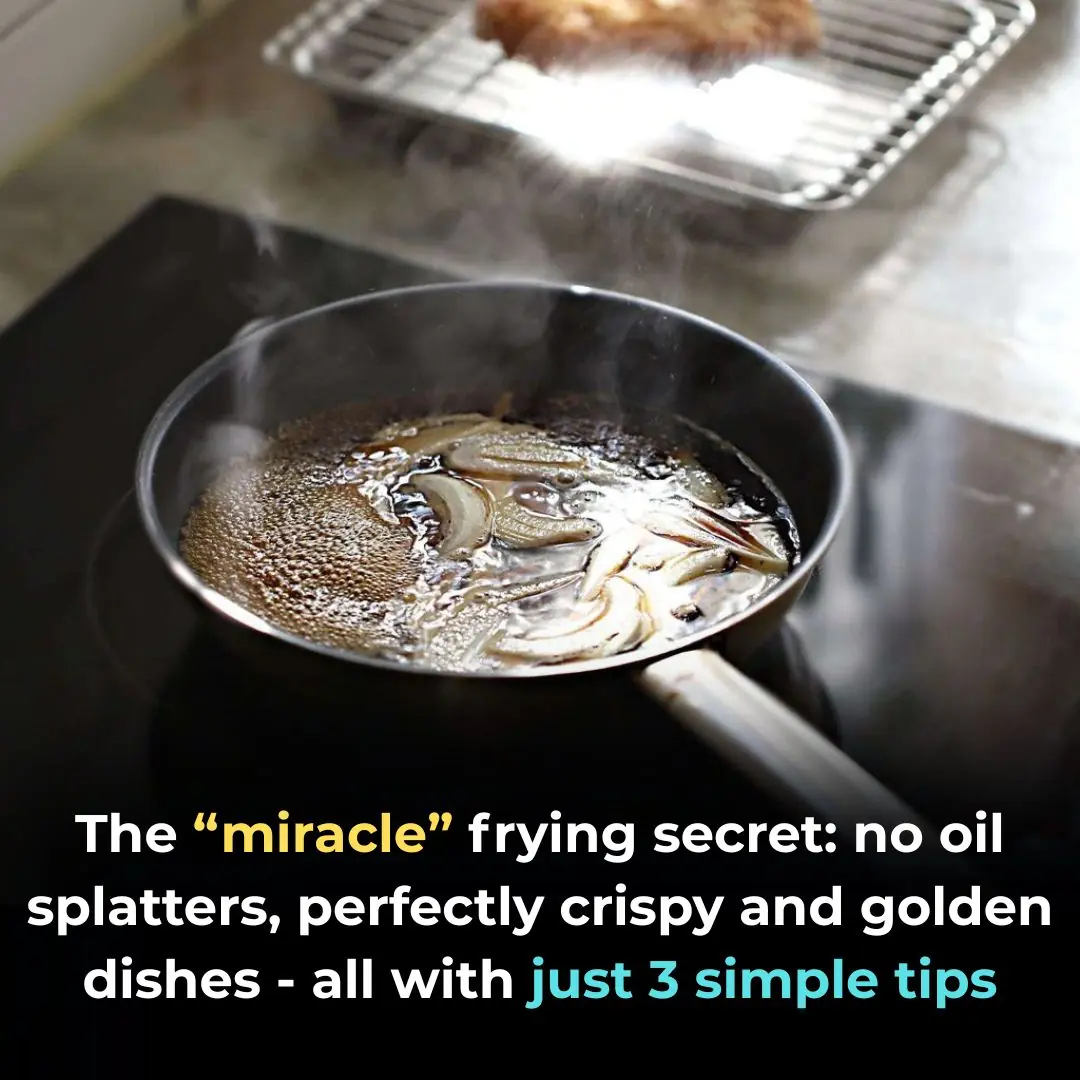
The 'divine' secret to frying

Why do we have to leave our phone face down on the table when we are not using it?

Hanging a towel on the door handle before bed: Unexpected benefits but few people know

Tips for conditioning your hair with over-cooked bamboo shoots
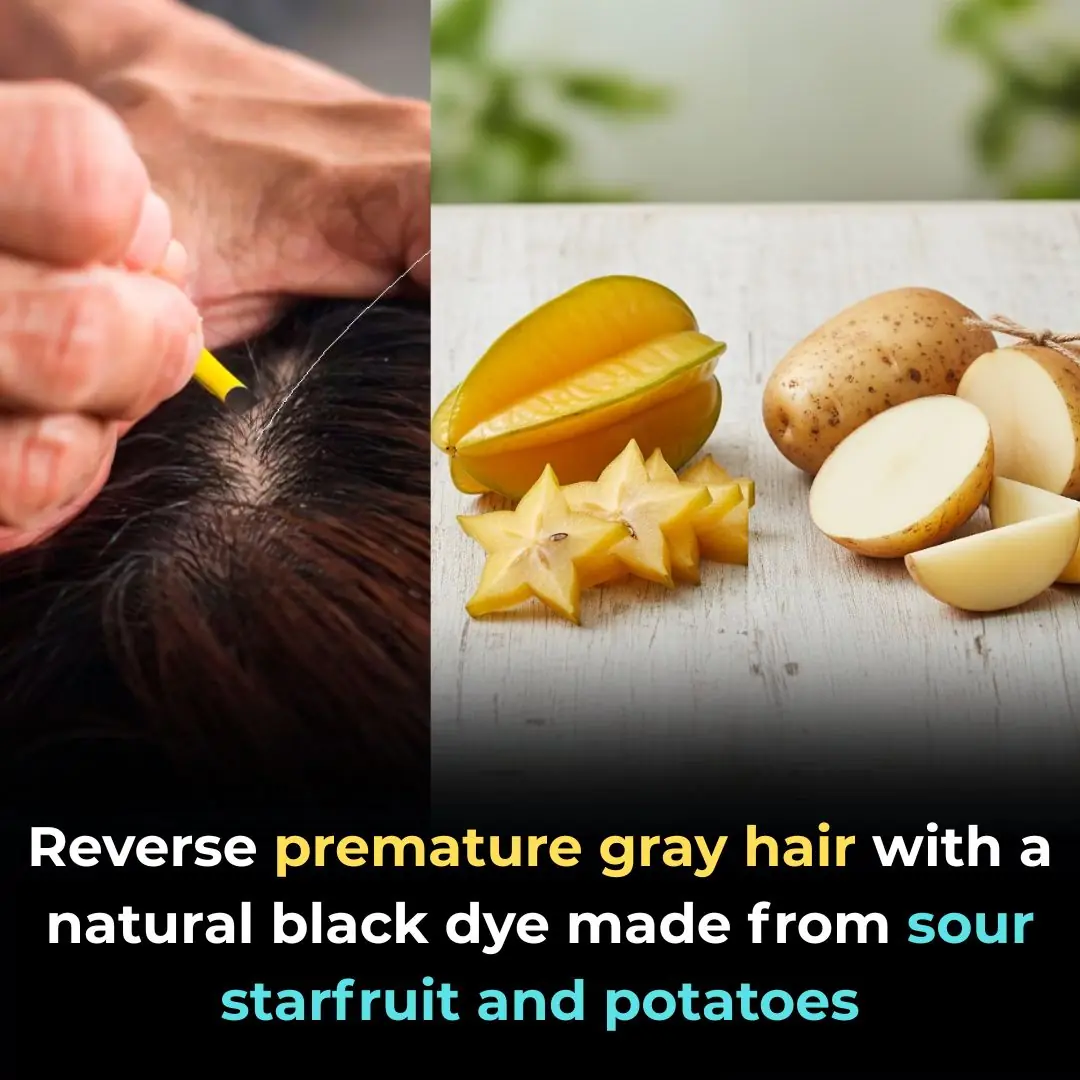
Treat premature gray hair thanks to the black dye formula
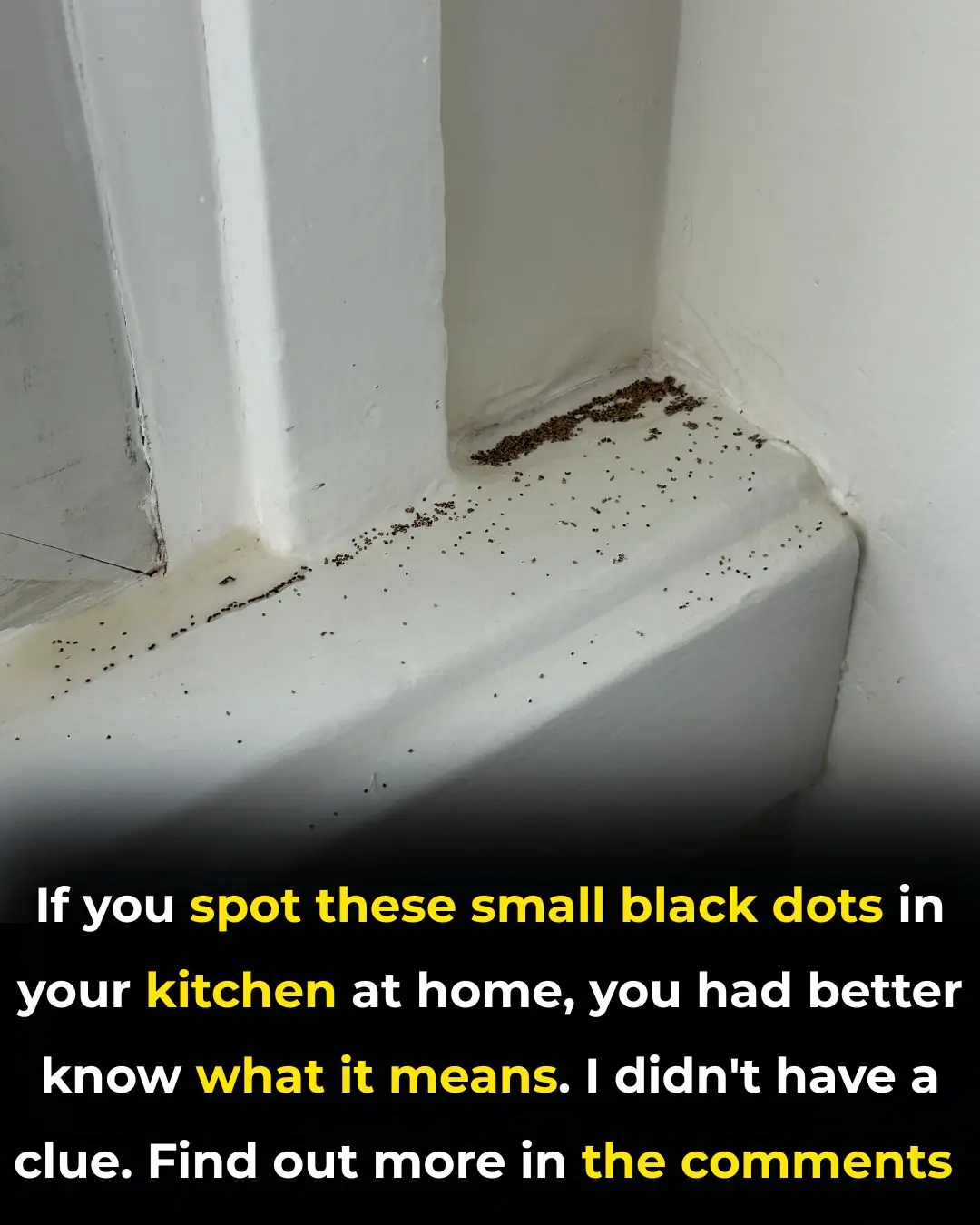
What Are These Strange Black Dots In Your Kitchen
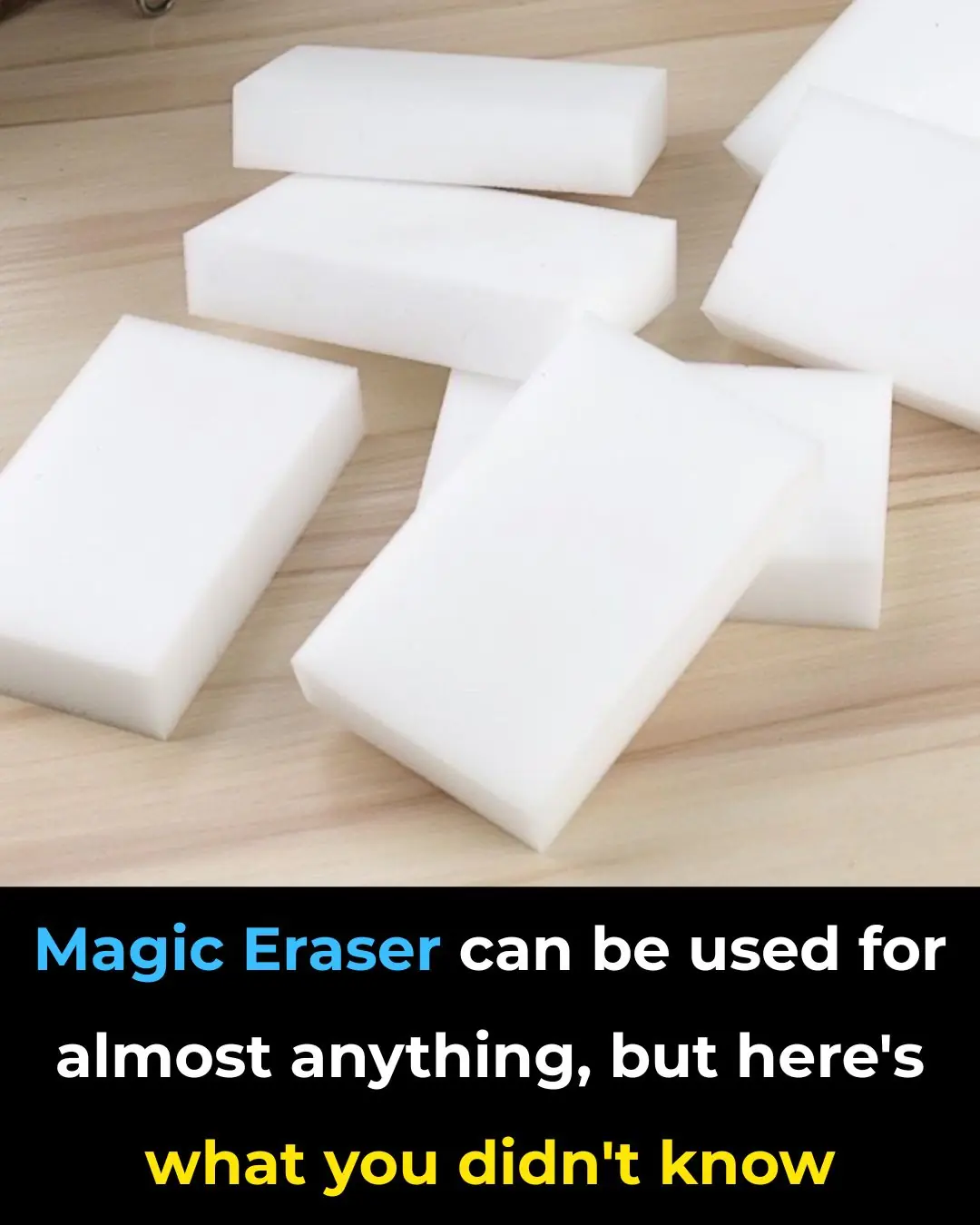
Magic Eraser can be used for almost anything, but here's what you didn't know
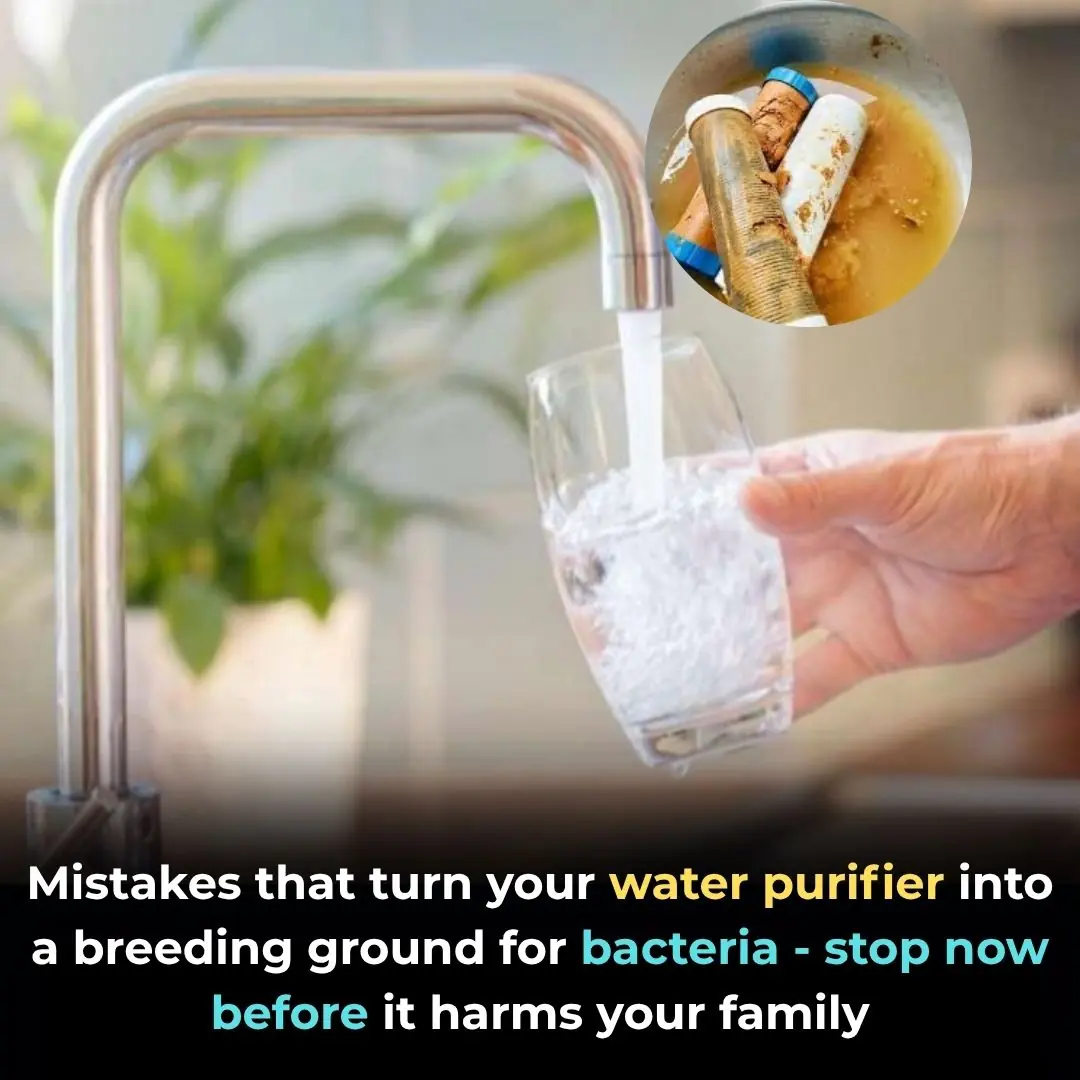
Wrong understanding turns water purifiers into diseases, remove them immediately to avoid harming the whole family
